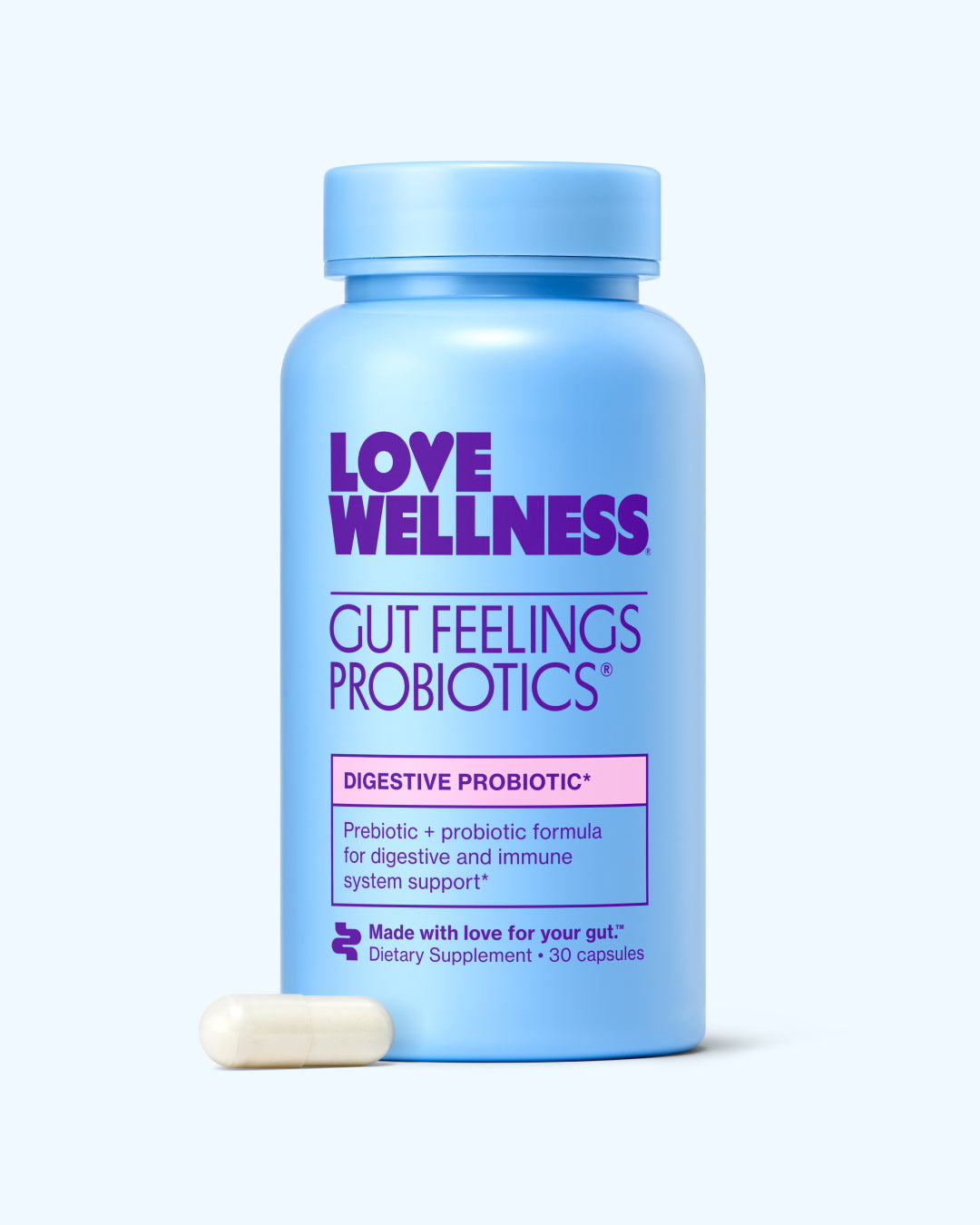The Ultimate Guide to Choosing the Best Gut Health Supplement for Your Needs
The Ultimate Guide to Choosing the Best Gut Health Supplement for Your Needs
Blog Article
Discover the Secret to Digestion and Immunity With Intestine Health And Wellness Assistance

Comprehending Gut Health And Wellness
Recognizing digestive tract wellness is essential for general health, as it plays a considerable duty in digestion, immunity, and also psychological health. The gut, comprising the intestinal system, is in charge of breaking down food, taking in nutrients, and getting rid of waste. A well balanced intestine setting makes sure effective food digestion, permitting the body to use nutrients successfully.
Additionally, gut wellness dramatically affects the body immune system. The digestive tract houses a substantial section of the body's immune cells, and a healthy and balanced gut can help repel virus and minimize swelling. Disturbances in digestive tract health can lead to an overactive immune response, potentially adding to autoimmune problems and allergic reactions.
Additionally, the intestine is usually described as the "second mind" as a result of the gut-brain axis, a complicated interaction network connecting the digestive tract and the brain. This link influences state of mind, cognition, and psychological wellness. Concerns such as dysbiosis, defined by a discrepancy in intestine microorganisms, have been related to psychological health conditions, including anxiety and clinical depression.
The Gut Microbiome Explained

The digestive tract microbiome, a diverse community of microorganisms living in the gastrointestinal system, plays an essential duty in maintaining digestive wellness and general well-being. Consisting of trillions of bacteria, infections, fungis, and various other microbes, this facility community aids in the digestion of food, the synthesis of important nutrients, and the regulation of metabolic processes.
Each person's digestive tract microbiome is unique, influenced by variables such as diet regimen, way of living, genetics, and ecological direct exposures. A balanced microbiome supports ideal food digestion by damaging down facility carbs, creating short-chain fats, and facilitating the absorption of nutrients. Conversely, an inequality, usually described as dysbiosis, can cause digestive disorders, consisting of short-tempered digestive tract syndrome (IBS) and inflammatory digestive tract illness (IBD)
Research study has shown that a diverse microbiome is connected with much better health and wellness end results, emphasizing the significance of nutritional options in nurturing these bacteria. Foods abundant in fiber, probiotics, and prebiotics, such as fruits, vegetables, and fermented items, can promote a healthy and balanced microbiome. Understanding the gut microbiome is necessary for creating targeted treatments targeted at boosting digestive health and wellness and preventing gastrointestinal illness.

Link Between Food Digestion and Immunity
A robust link exists in between digestion and immunity, highlighting the vital function of the gut in keeping general health and wellness. The gastrointestinal tract is home to trillions of bacteria that create the digestive tract microbiome, which significantly influences both digestive procedures and immune reactions. This facility ecosystem aids in breaking down food, taking in nutrients, and offering vital metabolites that support immune function.
When food digestion is effective, the gut barrier remains undamaged, protecting against unsafe virus from going into the bloodstream (gut health supplement). Alternatively, poor digestion can cause an inequality in the microbiome, resulting in dysbiosis, which has been linked to numerous wellness issues, consisting of inflammatory problems and autoimmune diseases. Additionally, about 70% of the immune system stays in the gut-associated lymphoid tissue (GALT), which communicates very closely with the digestive tract microbiome. This interplay ensures that the body immune system can successfully differentiate in between helpful and harmful compounds.
Tips for Supporting Gut Health And Wellness
Supporting digestive tract wellness is important for preserving both digestive efficiency and a well-functioning immune system. To promote optimum digestive tract health, take into consideration including numerous practical techniques into your everyday routine.
First, prioritize hydration. Consuming alcohol adequate water sustains digestion and aids preserve their website the mucosal lining of the intestines. Furthermore, routine physical task can improve intestine mobility and promote a varied microbiome.
Mindful eating practices are likewise necessary. Eating food completely and eating gradually can help food digestion and avoid overeating, which might emphasize the intestine. Handling anxiety via techniques such as reflection, yoga exercise, or deep-breathing workouts can positively affect intestine health and wellness, as tension is recognized to interfere with digestive system processes.
Incorporating prebiotics and probiotics right into your regimen is one more reliable method. While specific foods will be talked about later, recognizing the importance of these parts is vital. Prebiotics work as food for useful digestive tract microorganisms, while probiotics introduce real-time advantageous microorganisms.
Last but not least, prevent extreme use of antibiotics, as they can interfere with the balance of digestive tract vegetation. By complying with these ideas, you can dramatically add to the upkeep of a healthy and balanced intestine, which is important for general health and wellness and vitality.
Foods That Promote Digestive Tract Health

Fermented foods, such as yogurt, sauerkraut, kimchi, and kefir, are abundant in probiotics, which are useful bacteria that support intestine flora and boost digestion. These foods can help bring back equilibrium in the gut, specifically after antibiotic use or gastrointestinal disruptions.
Along with fermented options, prebiotic foods, such as garlic, onions, asparagus, and bananas, work as sustenance for these probiotics, advertising their development and activity. These soluble fibers sustain digestive tract mobility and can reduce issues like irregularity.
In addition, integrating high-fiber foods, including whole grains, legumes, fruits, and vegetables, is crucial for preserving a healthy gut. Fiber aids in routine bowel movements and helps stop gastrointestinal disorders.
Finally, omega-3 fatty acids found in fatty fish, flaxseeds, and walnuts have anti-inflammatory buildings that can better support digestive tract health. Emphasizing these foods in your diet regimen can lead to a robust digestive system and improved immune look at these guys function.
Conclusion
In conclusion, focusing on intestine wellness is important for enhancing digestion and boosting resistance. A well balanced gut microbiome, influenced by dietary selections and way of living factors, plays an essential role in nutrient absorption and swelling reduction. Integrating fermented foods, prebiotics, and high-fiber options, alongside appropriate hydration and stress administration, can considerably advertise intestine wellness. By embracing these methods, people can support general wellness and vigor, unlocking the prospective benefits of a well-functioning intestinal system.
Understanding digestive tract wellness is critical for overall wellness, as it plays a considerable function in food digestion, immunity, and also psychological health and wellness. The intestine houses a substantial part of the body's immune cells, and a healthy and balanced gut can aid fend off microorganisms and reduce swelling.In addition, the digestive tract is frequently referred to as the "second brain" due to the gut-brain axis, an intricate communication network connecting the gut and the mind.A robust link exists between digestion and resistance, highlighting the essential function of the digestive tract in keeping total wellness.In verdict, focusing on digestive tract wellness is essential for maximizing food digestion and improving resistance.
Report this page